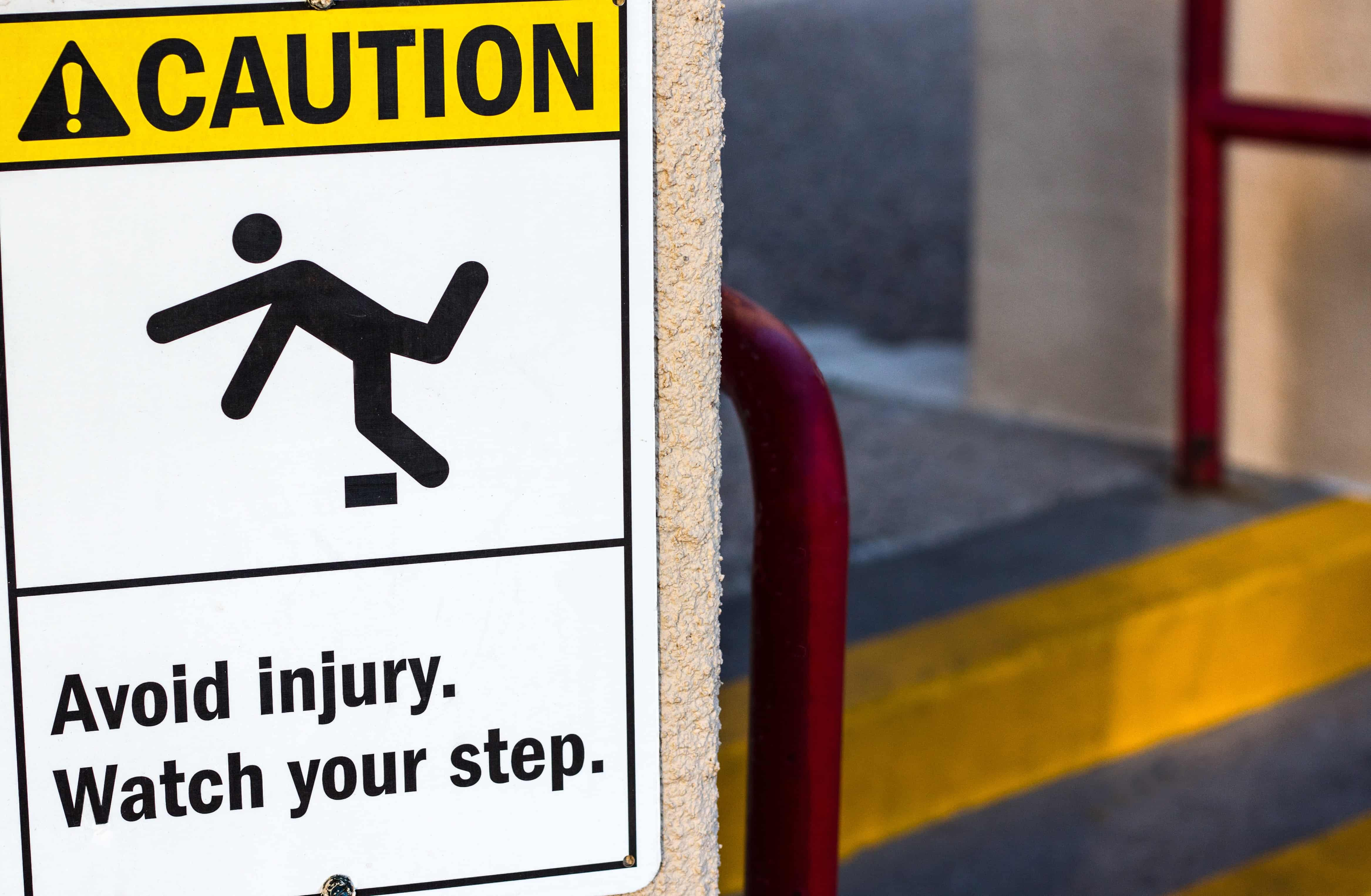Improve Communication by Asking Better Questions

Have you ever run a report and questioned the results? You may have looked at the report, noted something about the data didn’t look right, researched further, and realized the data was bogus.
In the world of information technology, the adage, “garbage in/garbage out” means incorrect input of information will always produce faulty output. The same philosophy can be applied to the way we ask questions. If we ask a question the wrong way, we will get either the wrong answer or not the answer we’re looking for.
Communication breakdowns can be costly to a motor carrier and cause confusion, but asking more effective questions can lead to improvement. Try asking the following types of questions to help find the answers you are seeking.
PROBING QUESTIONS
Probing questions are used to follow up with a person when you do not understand his or her answer or need more information. This technique is common when conducting root cause analysis of an accident or injury; it can help draw information out of people trying to tell you something.
Example: When exactly is the next IFTA report due?
OPEN-ENDED AND CLOSED QUESTIONS
An open-ended question can be used to ask a person to describe something and may result in longer answers.
A closed question typically elicits a single word response, such as “yes” or “no.” Closed questions can kill a conversation and lead to awkward, unproductive silences, so try to avoid them.
Example of an open-ended question: Why were you speeding?
Example of a closed question: Were you out of available driving time?
RHETORICAL QUESTIONS
A rhetorical question is a statement phrased in question form that doesn’t necessitate a response. Rhetorical questions are good for engaging a listener, so they do not feel they are being told something.
Example: “Isn’t that truck well-kept?” or “Wouldn’t it be nice if all of our trucks were kept that clean?”
Remember, give the other person time to gather his or her thoughts and respond. Don’t try to fill the silence with more questions. Also, be mindful of your body language and tone of voice. These non-verbal cues can influence a person’s response.
Lastly, be a good listener. Repeat back what others have said to clarify your understanding of their point or question.
This material is a broad overview only, provided for informational purposes. Great West Casualty Company (GWCC) does not provide legal or employment-related advice to anyone and this is not intended to serve as such advice. Such advice should be sought from your legal counsel. GWCC shall have no responsibility or liability to any person or entity for any issue alleged to directly or indirectly result from the use of this information.
CALL TO ACTION
- Practice asking probing questions when seeking additional information from colleagues.
- Practice your listening skills by repeating back what others have said.
- Practice pausing after asking questions to give others time to think and respond.
- Practice controlling your body language and inflection when asking questions to avoid influencing others.
Note: This information is not meant to be all-inclusive.
The information in this article is provided as a courtesy of Great West Casualty Company and is part of the Value-Driven® Company program. Value-Driven Company was created to help educate and inform insureds so they can make better decisions, build a culture that values safety, and manage risk more effectively. To see what additional resources Great West Casualty Company can provide for its insureds, please contact your safety representative, or click below to find an agent.
© Great West Casualty Company 2019. The material in this publication is the property of Great West Casualty Company unless otherwise noted and may not be reproduced without its written consent by any person other than a current insured of Great West Casualty Company for business purposes. Insured should attribute use as follows: “© Great West Casualty Company 2019. Used with permission by Great West Casualty Company.”
This material is intended to be a broad overview of the subject matter and is provided for informational purposes only. Great West Casualty Company does not provide legal advice to its insureds, nor does it advise insureds on employment-related issues. Therefore, the subject matter is not intended to serve as legal or employment advice for any issue(s) that may arise in the operations of its insureds. Legal advice should always be sought from the insured’s legal counsel. Great West Casualty Company shall have neither liability nor responsibility to any person or entity with respect to any loss, action, or inaction alleged to be caused directly or indirectly as a result of the information contained herein.




